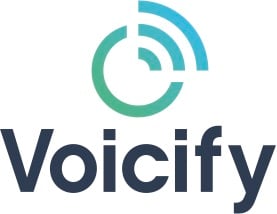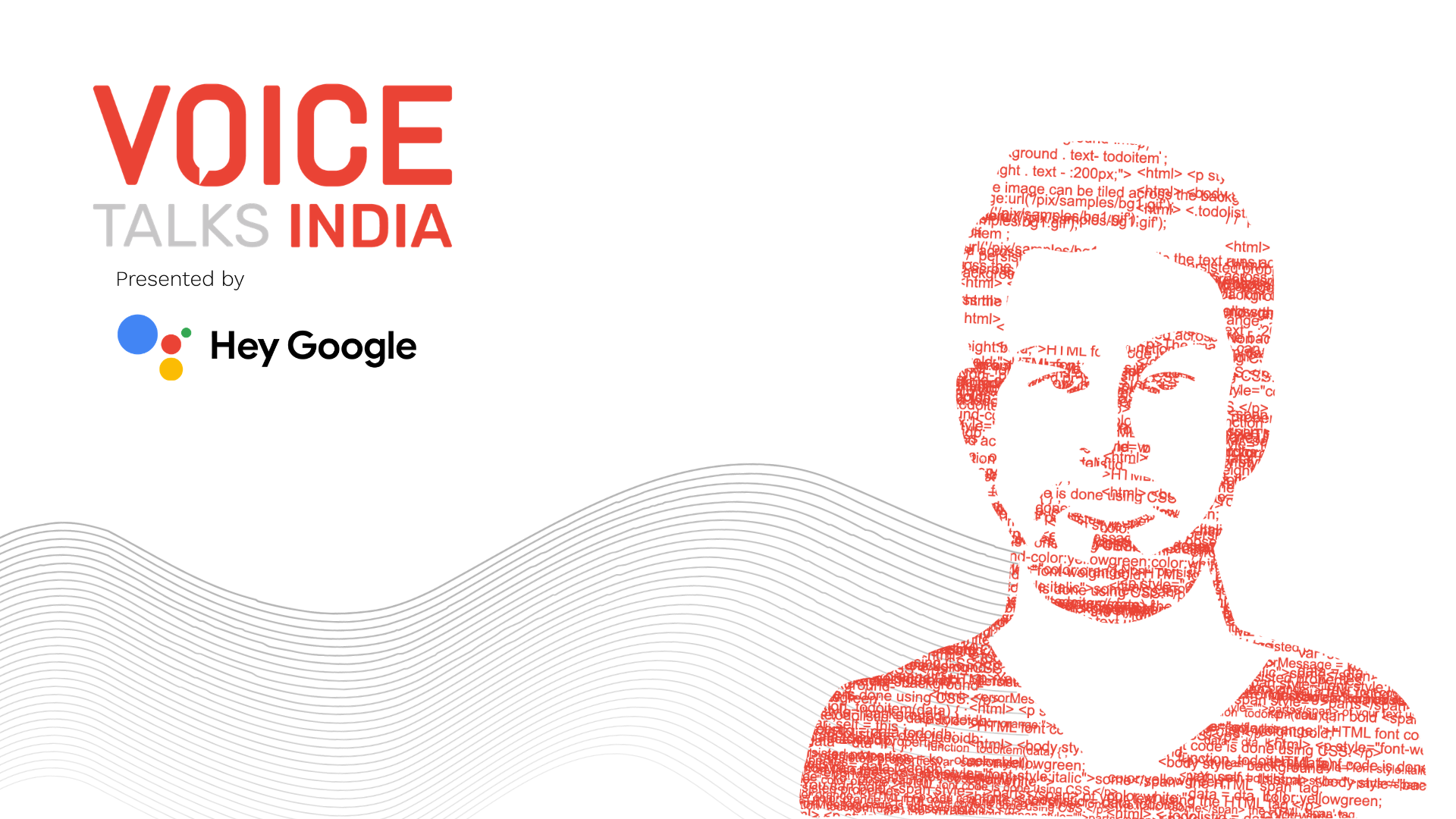




 Image credit: VentureBeat
Image credit: VentureBeat
We've all read the threatening figures: voice search will be a $40 billion industry by 2022, over 55% of American homes will have a smart speaker, voice technology is taking over the world, etc. With all these predictions and “you’ll be left behind” kind of news, many companies are beginning to question their branding.
The reality is that voice is more powerful than text. It carries tone, timbre, sentiment, (and sarcasm). Hearing someone speak elicits a stronger emotional response than watching three dots bounce on a chat window while the other person types. Now with technology like smart speakers and AI assistants, this form of natural interaction can also be experienced between brands and consumers.
Voice technology opens up a new way for brands to strike an emotional chord with their audience and connect with them on a deeper level. But to do this effectively, they need a well-defined brand voice. Here are a few things to consider.
Okay, so you have your color scheme, content writing guidelines, and that fiercely-debated logo. But what use will all that be in a world with no screens?
It’s simply not about how it looks anymore, it’s how it sounds. Your consumers are going to talk to you, and in some cases they’ll start to ask questions outside of your services (sometimes just to mess with you). The voice and tone your brand displays in every situation is how they’ll perceive you and decide whether they'll stick around or not.
So the questions about your brand now veer towards how you sound. Will you be a cool and composed businessman? An upbeat customer service rep with a slight accent? Will your brand voice sound the same when your user is sad or angry, or will the tone change depending on the user’s emotional state?
There’s a lot to think about.
In a nutshell: A persona is the character your brand embodies. While not all brands need to have a persona, it’ll be much more helpful with establishing a connection with consumers.
This is because having a conversation with a character is much easier to relate to. People can empathize with characters and tend to like or trust the ones who are most similar to them. You can use this psychological nugget to your advantage when creating a persona that resonates with your audience. Market research and your audience’s personality traits are key in defining this. Plus, you’ll also want to test how users respond to variations of your persona.
People tend to assign human traits to things. Even if they’re not human. Pixar never once said that Wall-E was male and Eve was female, but most people just assumed that was the case.
When we hear a voice, we tend to form a mental image of what that person looks like based on the qualities of their voice. So you may want to get ahead and define traits like gender, ethnicity, and age before your audience does. By doing this, you’ll have the advantage of nudging their imagination to form a person who resembles themselves, making them feel more connected to your brand.
Once you've defined every aspect of your brand voice, you may find that Alexa’s cool and collected voice doesn't quite do it justice. There are increasingly more options for brands to choose their own voice—from third-party apps to specialized voice actors. However, Amazon Echo prefers the sound of its own voice, so when using Alexa, you can only use Alexa. (She’s a tad territorial.)
On the other hand, Google Home is more flexible with its voice. Actions on Google let designers choose between four voices. It’s still not a whole lot of choice, but it’s likely the voice library will expand soon enough.
In the long term, brands will benefit from having some or all of their digital services available over voice interfaces. Agencies like Voxable are particularly savvy in this area and their blog offers a useful framework for developing voice and tone for your VUI or chatbot. In fact, Voxable’s CEO and founder, Lauren Golembiewski, will be at VOICE this July. Meet her there by getting your ticket here.




.png)

VOICE Copyright © 2018-2022 | All rights reserved: ModevNetwork LLC
